The First Online International Do Seminar was held at the end of April and in early May 2021. It consisted of three 2-hour sessions over a 3-week period.
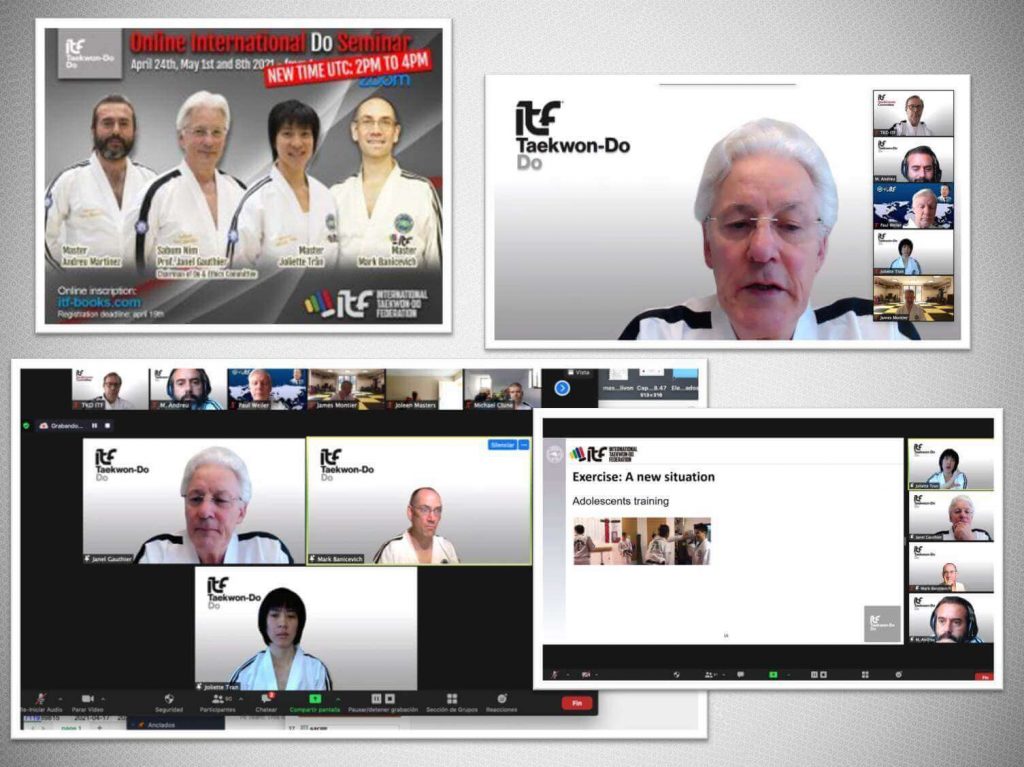
The highly anticipated seminar brought together 94 participants from 22 countries, namely (in alphabetical order): Argentina, Austria, Belgium, Canada, Chile, Colombia, Czech Republic, Finland, Germany, Guatemala, Ireland, Israel, Malaysia, Netherlands, New Zealand, Poland, Singapore, Taiwan, Trinidad & Tobago, United Kingdom, U.S.A., and West Indie (including Jamaica and others). Among the participants, there were 5 Grand Masters and 16 Masters. Also, the seminar was attended by 6 members of the ITF Board of Directors, including the President (Grand Master Paul Weiler), the Senior Vice-President (Master Clint Norman), the Secretary-General (Master Tadeusz Loboda), and the Treasurer (Sbn. Leonardo Oros Duek). In addition, participants included 10 ITF Standing Committee Chairs.
The seminar was conducted by the Do and Ethics Committee. The instructors were (in alphabetical order) Master Mark Banicevich, Sbn. Prof. Janel Gauthier (Chair), Master Andreu Martínez, and Master Joliette Trân. In the last part of the Seminar (Day 3), Grand Master Donato Nardizzi, Chair of the ITF Children’s Development Committee, was invited as a special guest to speak about the integration of the teaching of the Do in the teaching of Taekwon-Do with children. This Do seminar was an historical event in that it had not yet been offered online as a fully official, independent and self-standing ITF seminar.
The seminar was structured so that experienced and less experienced Taekwon-Do practitioners and instructors would be in for a great learning experience. In his opening remarks, Prof. Gauthier stated that the aim of the seminar was “to take participants on a journey to explore what it means to be truly a man or a woman of Taekwon-Do, as defined by General Choi, and how one becomes truly a man and a woman of Taekwon-Do.” Then, it went on to quote General Choi who wrote in last publication, the Moral Guide Book (2000): “…the only way one can truly achieve the status of a man of Taekwon-Do is to go beyond the technical aspect of Taekwon-Do and establish a way of life based on a solid code of morality.” This provided the general orientation of the seminar.
During the seminar, participants had the opportunity to learn about a wide range of topics and reflect on many of them. Those included, but were not limited to, the following: (1) the moral culture of Taekwon-Do; (2) the origin and meaning of the word “Do”; (3) the tenets of Taekwon-Do (courtesy, integrity, perseverance, self-control, and indomitable spirit); (4) the Student’s Oath; (5) the development of moral reasoning from childhood to adult; (6) the relations between the psychosocial determinants of human behaviour and how psychological knowledge can help to achieve the goals of Taekwon-Do; (7) ethical decision-making and how to resolve dilemmas or conflicts between tenets; (8) Motivation and goal-setting (how to set effective goals in Taekwon-Do and every day life); (9) the integration of the teaching of the Do into the teaching of Taekwon-Do (general guideline and tips).
Slides, video clips, demonstrations, and thinking exercises were used to help participants better understand the information presented during the seminar. Video clips were also used to show how to apply many of the practical strategies presented for developing and teaching the tenets of Taekwon-Do.
Much of the seminar concentrated on the tenets of Taekwon-Do because they are at the heart of the moral culture of Taekwon-Do. Anecdotes and concrete examples were also used to show participants in a practical, down to earth way, how to use the tenets of Taekwon-Do in their training, teaching, competing, and every day life to reach their goals, and be more successful and happier in life.
As it was an online seminar, participants were encouraged to use the in-meeting chat to share their own thoughts, opinions and ideas during the seminar. Their response was great and the content of their chat messages showed that they were very receptive and engaged in the seminar. They had much to share and react to. Not only this helped participants to stay receptive throughout each seminar session. It also made the seminar more interactive, and provided instructors with useful information to complete or clarify the material that they were presenting.
After each seminar session, participants were given a link to web page where they could go to download a PDF copy of the document showing all the slides presented during the session. The document will help them to recall the content of the presentations and the basic strategies for teaching the Do to their students. It will also make it easier for them to keep on learning.
May they Do be with you!
Sbn. Prof. Dr. Janel Gauthier
Chair, I.T.F. Do and Ethics Committee

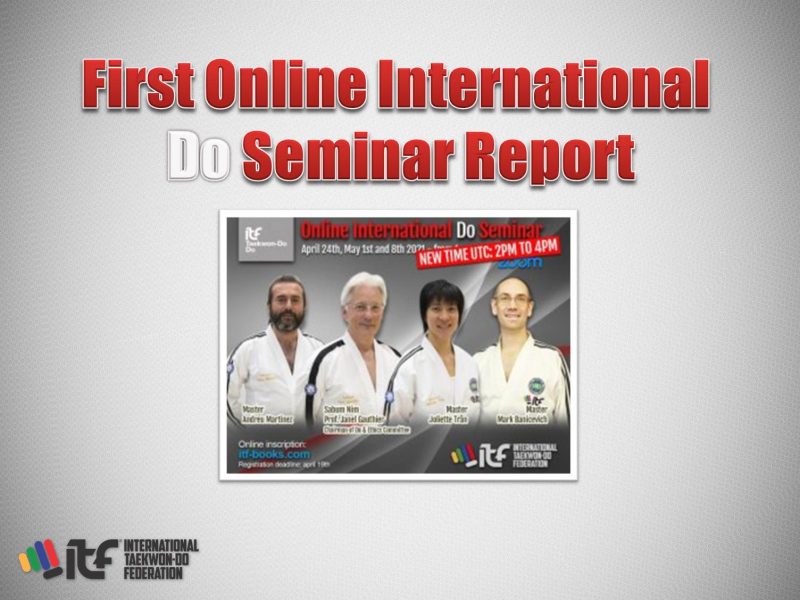
 Medical & Anti-Doping Committee meeting report
Medical & Anti-Doping Committee meeting report

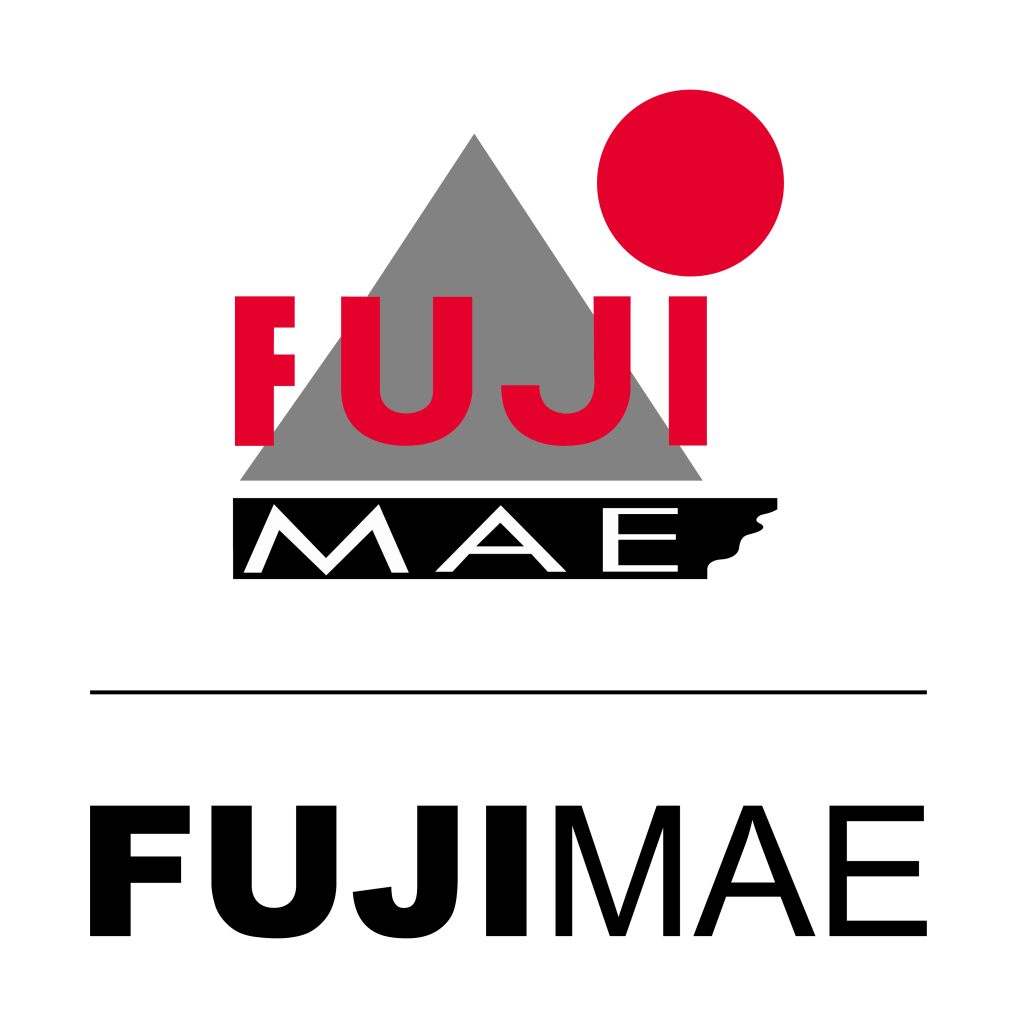

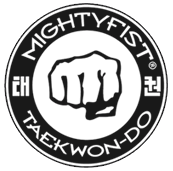

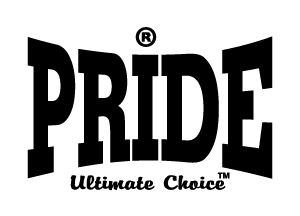
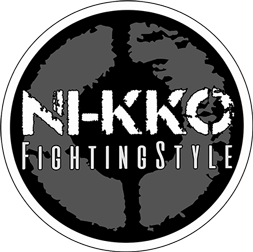
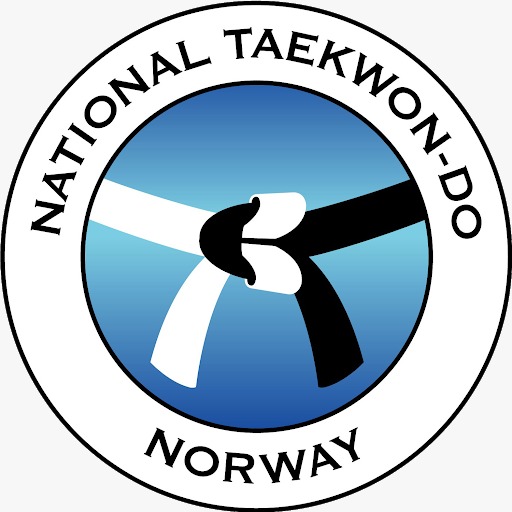
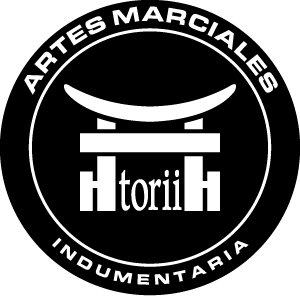
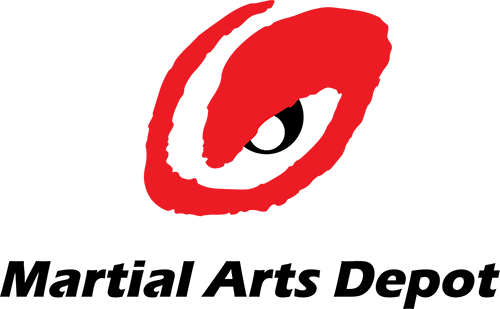

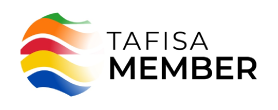
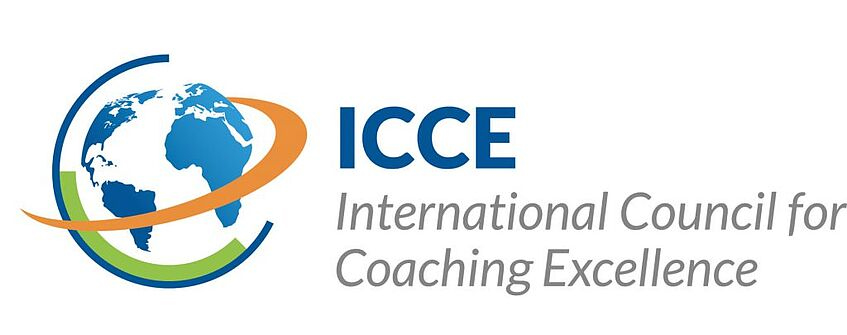
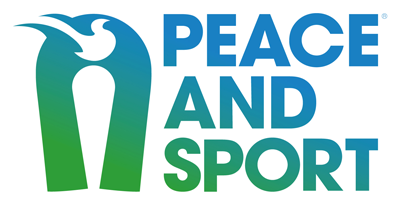

Sint Maarten was also participating.